Keywords: Uluru Statement
-
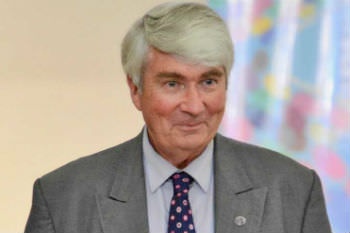
RELIGION
- Frank Brennan
- 18 February 2019
'We can do this better by breaking down the silos and binding together our concern for nature, justice for the poor, commitment to society, and interior peace.' Opening Keynote Address by Fr Frank Brennan SJ at the Catholic Social Services Australia National Conference, Port Macquarie 19 February 2019.
READ MORE
-
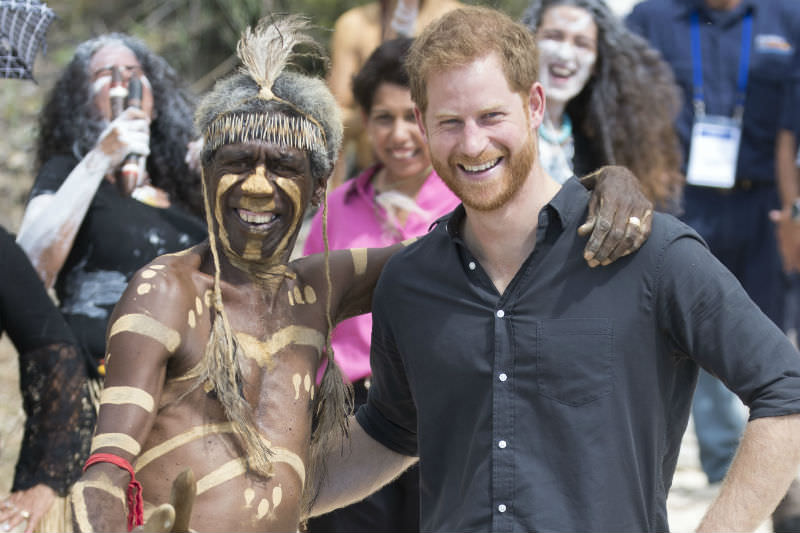
AUSTRALIA
- Dani Larkin
- 24 October 2018
4 Comments
The system that keeps Aboriginal cultural autonomy oppressed calls itself representative democracy, yet our voices remain unheard. Seeing the royal couple prioritise our own land conservation more than the Australian government does is the ultimate example of how disrespected and politically powerless we are.
READ MORE 
-
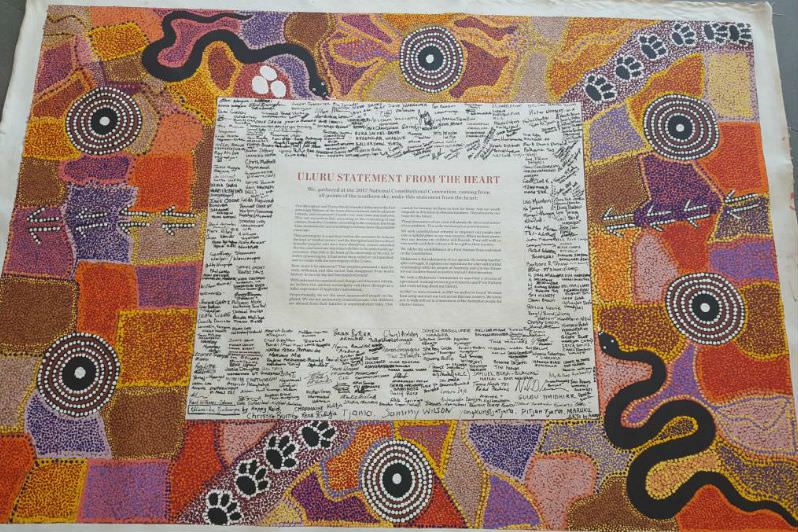
AUSTRALIA
- Frank Brennan
- 16 October 2018
16 Comments
Despite what Turnbull and Morrison have said, I reject the classification of the First Nations Voice as a third chamber. Still, given that the proposal has been rejected by three Coalition prime ministers over the last three years, the question now is: what is the best way to proceed?
READ MORE 
-
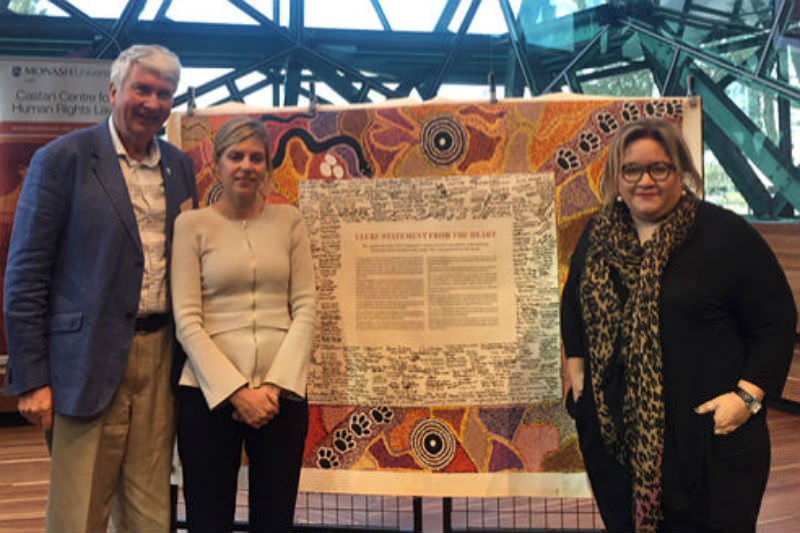
AUSTRALIA
- Frank Brennan
- 01 October 2018
3 Comments
Frank Brennan's keynote address to the National Aboriginal and Torres Strait Islander Catholic Council Assembly entitled: 'Strong Faith. Strong Youth. Strong Future — Walking Together in a movement of the Australian people for a better future'. 1 October 2018, Technology Park — Bentley, Perth
READ MORE
-

AUSTRALIA
- Frank Brennan
- 01 October 2018
15 Comments
On such a journey, we will not find common ground except by compromise, unless of course there is agreement about the principles at stake, and agreement that there is only one way to apply those principles to the challenges at hand in the contemporary context. Even among Indigenous Australians there is no unanimity on that.
READ MORE 
-
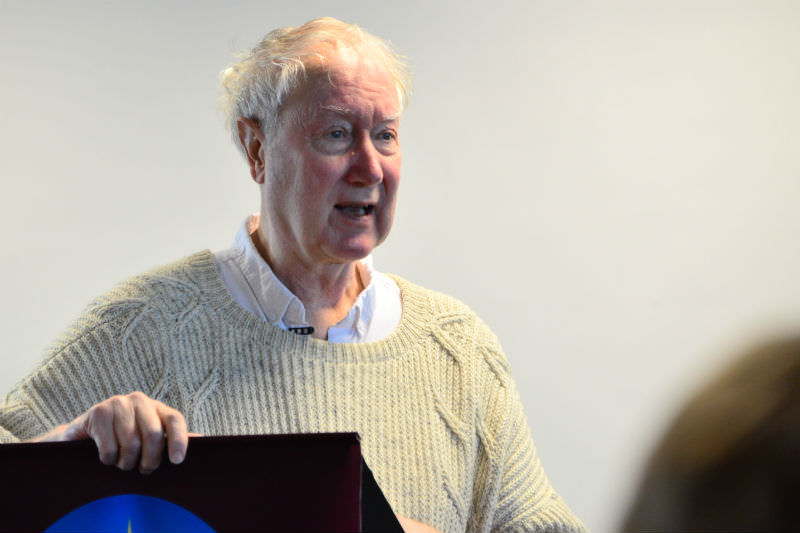
PODCAST
- Podcast
- 06 September 2018
5 Comments
What does it take to grow in conversation, even and perhaps especially in difficult conversation? Can contemporary Christianity get past the moralism and step into areas of pain? In this final episode for the second season, theologian Fr Timothy Radcliffe discusses questions about Catholic identity, education and democracy.
READ MORE 
-
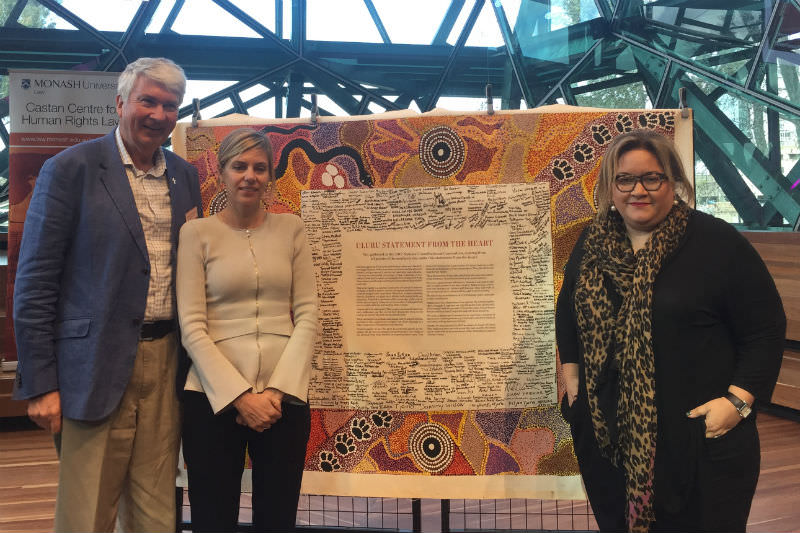
RELIGION
- Frank Brennan
- 20 July 2018
4 Comments
'I voted 'yes' in last year's ABS survey on same sex marriage. As a priest, I was prepared to explain why I was voting 'yes' during the campaign. I voted 'yes', in part because I thought that the outcome was inevitable. But also, I thought that full civil recognition of such relationships was an idea whose time had come.' — Frank Brennan, 2018 Castan Centre Human Rights Conference
READ MORE
-
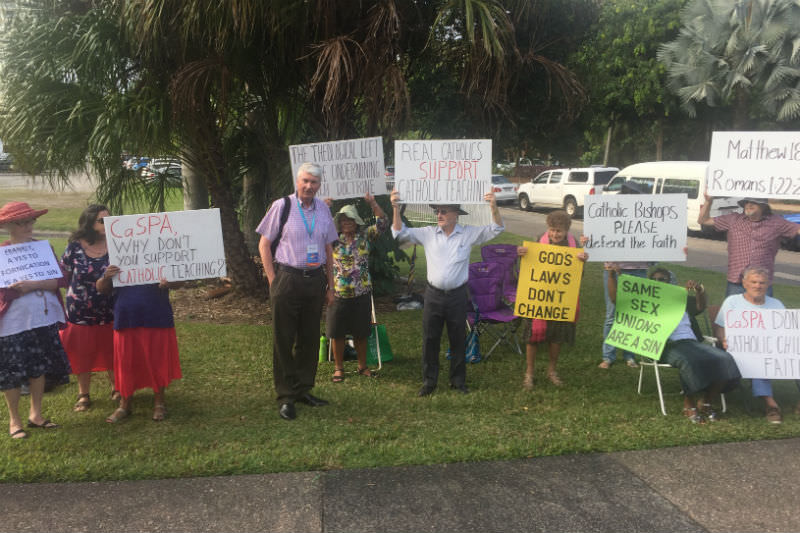
RELIGION
- Frank Brennan
- 16 July 2018
3 Comments
'Kristina Keneally was unapologetic in putting the place of women in our church front and centre. And so we should.' Tropical and Topical, 2018 National Catholic Principals' Conference, Cairns Convention Centre, 16 July 2018.
READ MORE
-

AUSTRALIA
We already know most Australians will support a referendum that would recognise Indigenous Australians within the constitution. What we now need is to examine how the constitutional reform procedures can themselves be reformed to support Indigenous political advancement. This includes reforming electoral laws and processes that limit Indigenous political participation.
READ MORE 
-
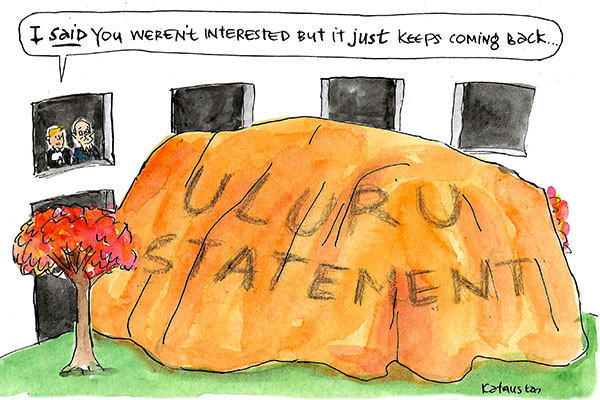
CARTOON
- Fiona Katauskas
- 05 June 2018
READ MORE 
-
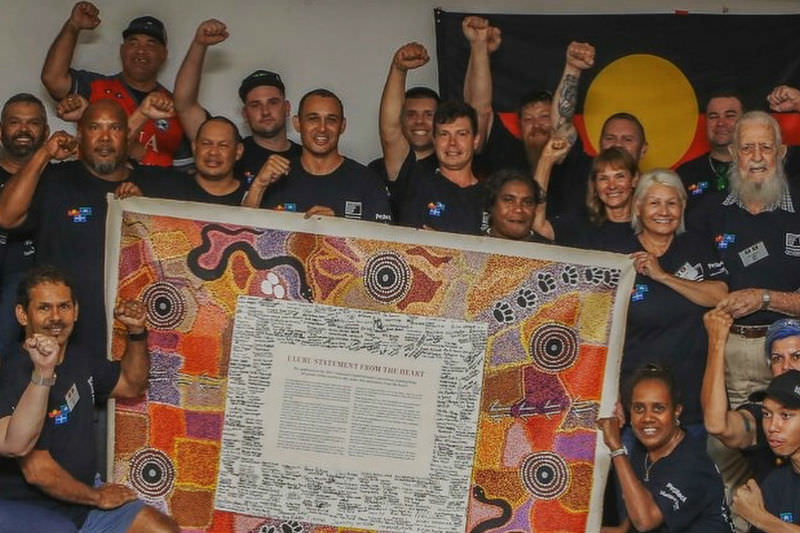
PODCAST
Thomas Mayor, a Torres Strait Islander and the NT branch secretary of Maritime Union Australia, has been bringing the Uluru Statement to different communities. He talks about what the past year has been like and what he thinks it's going to take make the vision at Uluru a reality.
READ MORE
-
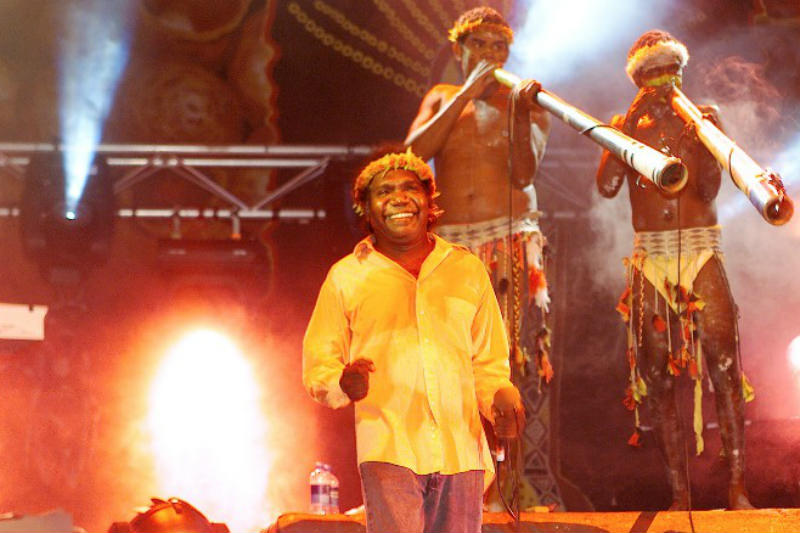
AUSTRALIA
- Sarah Maddison
- 24 May 2018
6 Comments
Progressive Australians want a process that restores a sense of moral legitimacy to the nation. But far from concern about settler Australia's moral legitimacy, Aboriginal and Torres Strait Islander peoples seek treaty as recognition of their political difference. Treaties on these terms are unlikely to be acceptable to the settler state.
READ MORE 